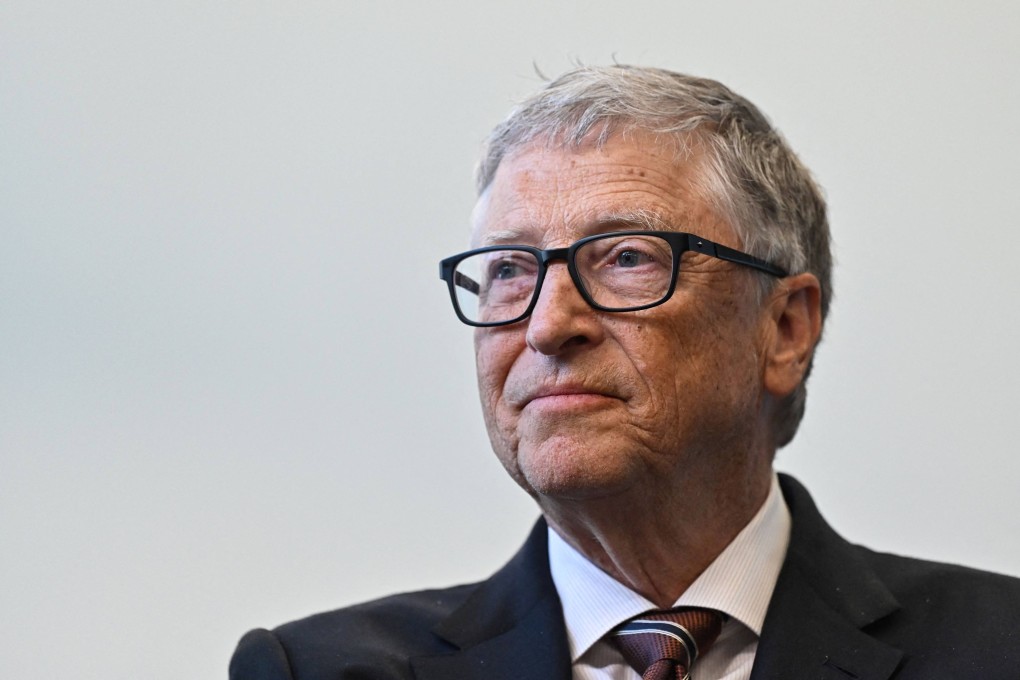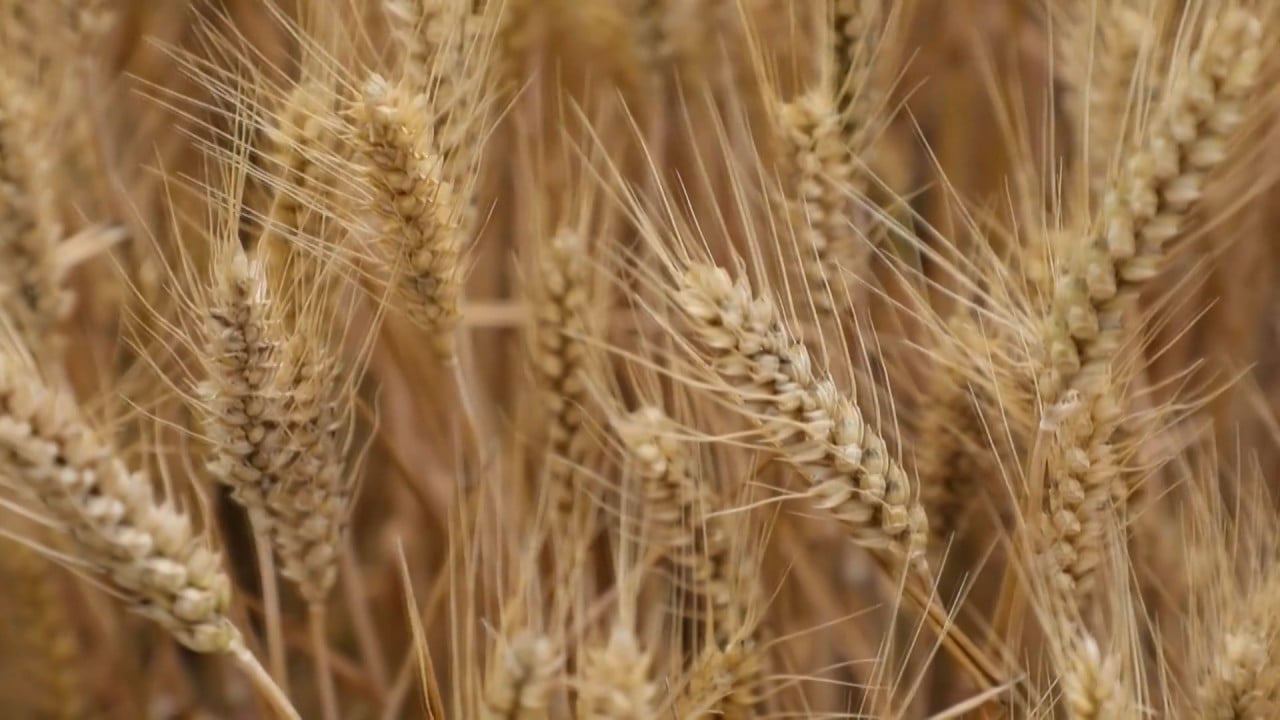Bill Gates hails China’s potential to cut poverty and improve health overseas as he unveils US$50 million research funds
- In Beijing, billionaire and philanthropist hopeful China can play a bigger role ‘addressing the current challenges, particularly those facing African countries’
- Gates paid tribute to Chinese agronomist Yuan Longping who taught 3,000 rice scientists from around the world who then used that knowledge at home

In the 1950s, China had at least 30 million malaria cases and more than 300,000 malaria deaths every year, but by 2021, it was certified malaria-free by the World Health Organization, Gates said. He said Chinese scientists were “building on this legacy by developing next-generation solutions to help eradicate malaria worldwide”.
The non-profit institute, jointly founded in 2016 by the Bill & Melinda Gates Foundation, Tsinghua University and the Beijing municipal government, has the stated mission of improving long-term global health by accelerating development of new drugs and innovative technologies to tackle diseases that disproportionately affect the developing world.
Gates, who visiting China for the first time since 2019, announced that his foundation and the local government would each provide US$50 million to GHDDI over the next five years to bolster the institute’s drug discovery capacity, while Tsinghua would lend support in areas such as building and sharing research platforms, translating research discovery and developing talent.
“China has invaluable experience to share from its own successes in health, agriculture, nutrition, and poverty reduction. And it has talent,” Gates said, adding that young people in labs, start-ups and classrooms across the country were “inventing the solutions of the future”, including new medicines, technologies and “climate-smart” crops.
